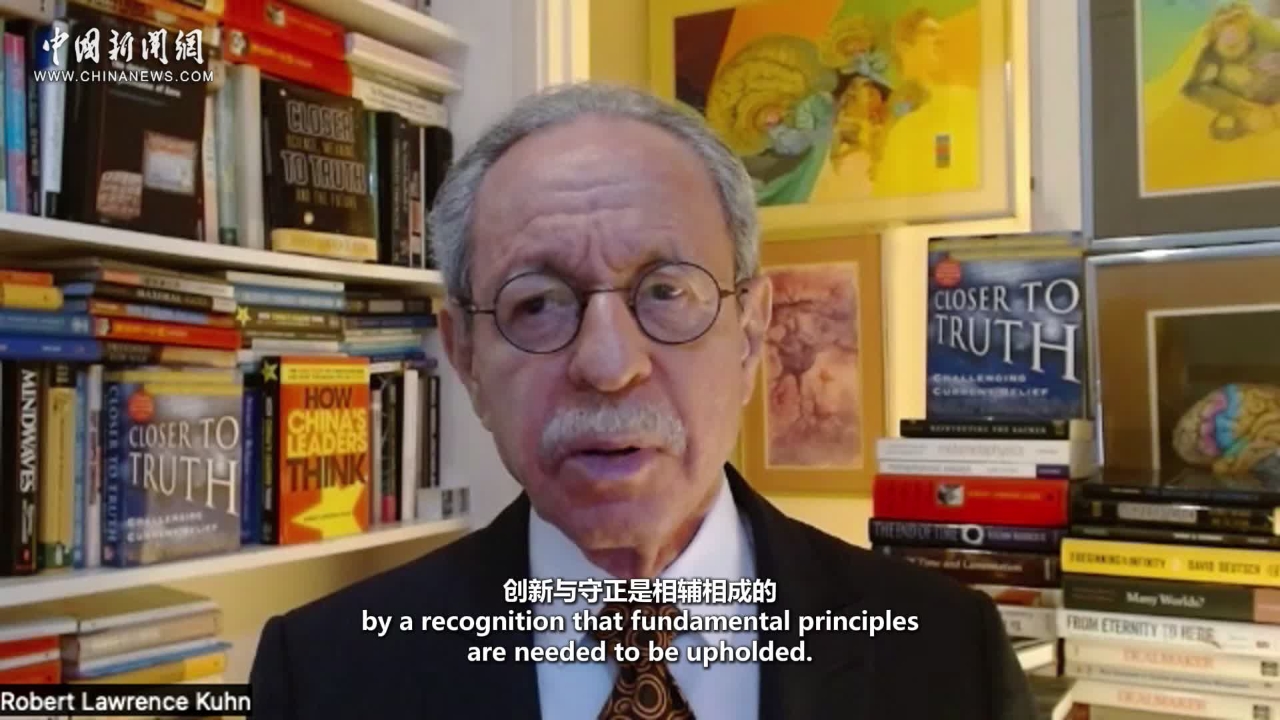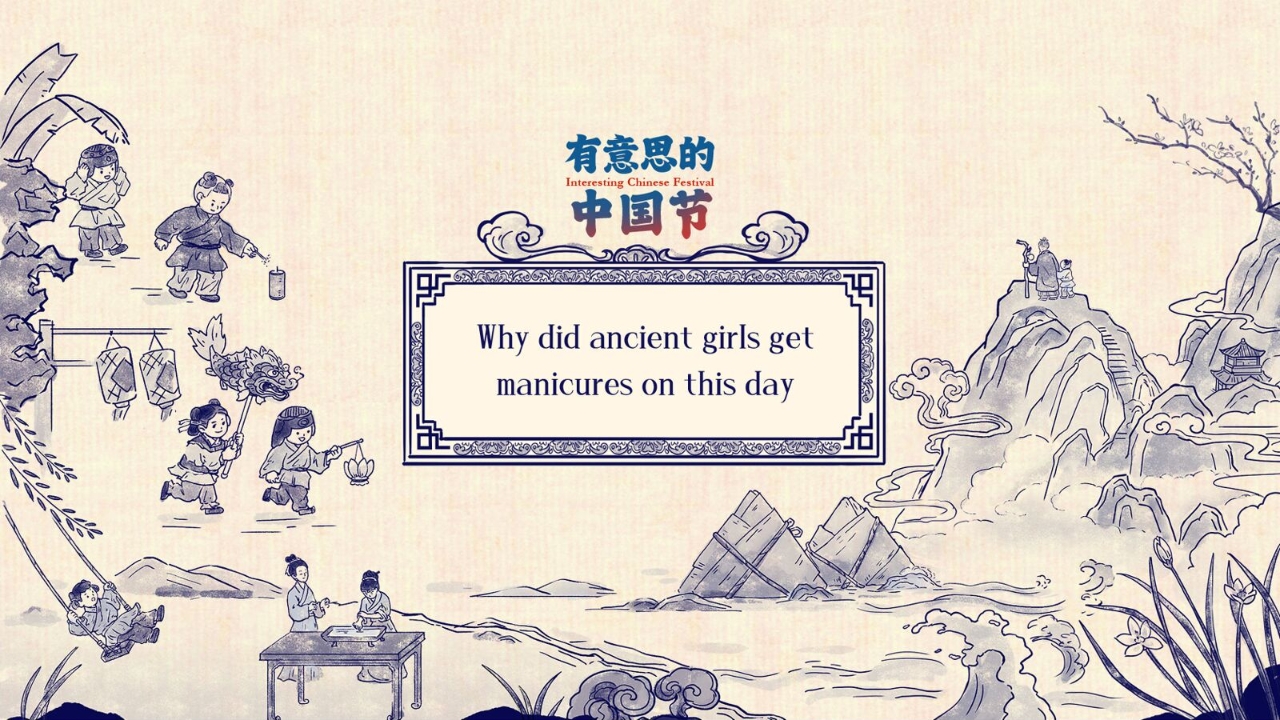Multiple cities in China have recently uncovered suspected cases of corruption within the funeral industry, involving both funeral home managers and officials in the funeral management sector.
Since the beginning of this year, discipline inspection commissions in various cities across the provinces of Anhui, Guangdong, Jilin, Jiangxi, Sichuan, Liaoning, Jiangsu and Yunnan have reported investigations into people connected to funeral homes and funeral management institutions, with dozens of cases emerging.
Many of those under investigation have extensive experience in the industry. For instance, Yang Tao, the general manager of Kangrong Industrial Co in Quxian county, Dazhou, Sichuan, has worked in funeral services for over 30 years.
The website of the Central Commission for Discipline Inspection and the National Supervision Commission has repeatedly emphasized the importance of maintaining a strong stance against "petty corruption and small-scale malfeasance "this year. Several regions have also launched targeted operations to combat corruption in the funeral industry.
In April, Dazhou initiated a focused operation to tackle misconduct and corruption issues affecting the public, with the funeral industry a primary target.
According to Dazhou's discipline inspection commission, investigations have been opened against 89 people in the funeral industry, with six placed under detention.
Since April, civil affairs departments in Jilin province have intensified efforts to address misconduct and corruption in the industry, responding to public complaints.
In May, the Jilin Provincial Discipline Inspection Commission revealed that between 2012 and last year, Lu Wanjun, the former director of the Huinan County Funeral Home, induced consumers to spend money and charged fees without providing services.
Lu was expelled from the Communist Party and dismissed from public office in September, with his case referred to procuratorial authorities for review and prosecution.
In February, Wang Jinhua, director of the Ministry of Civil Affairs' Social Affairs Department, emphasized the importance of preserving the public welfare aspect of the funeral industry and ensuring that funeral homes and related service institutions serve the public good.
Wang highlighted the need to strengthen departmental oversight, integrate funeral law enforcement into broader efforts, enhance supervision of industry fees and financial fund usage, establish a credit system and implement reporting mechanisms, regulatory discussions and penalties for professional misconduct.
Peng Xinlin, a law professor at Beijing Normal University, said that addressing petty corruption in the funeral industry is part of a broader campaign against corruption in areas affecting people's lives. He stressed the need for enhanced supervision of personnel in charge, timely warnings and prompt action against corruption in the industry.
"While county-level funeral homes and officials in funeral management may not have significant authority, corruption in this sector undermines the credibility of the Party and government, disrupts public order and erodes social norms," Peng said.


















































 京公网安备 11010202009201号
京公网安备 11010202009201号